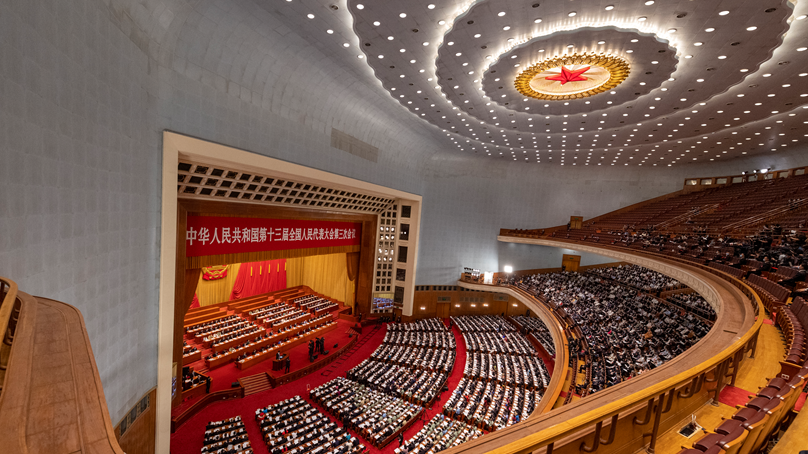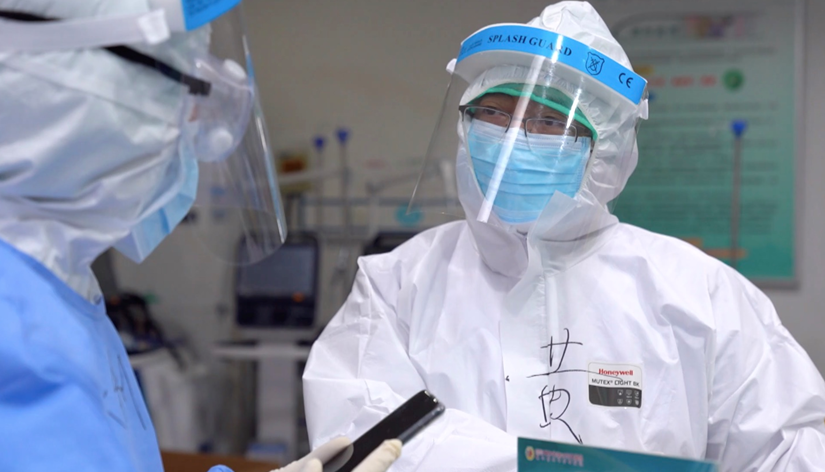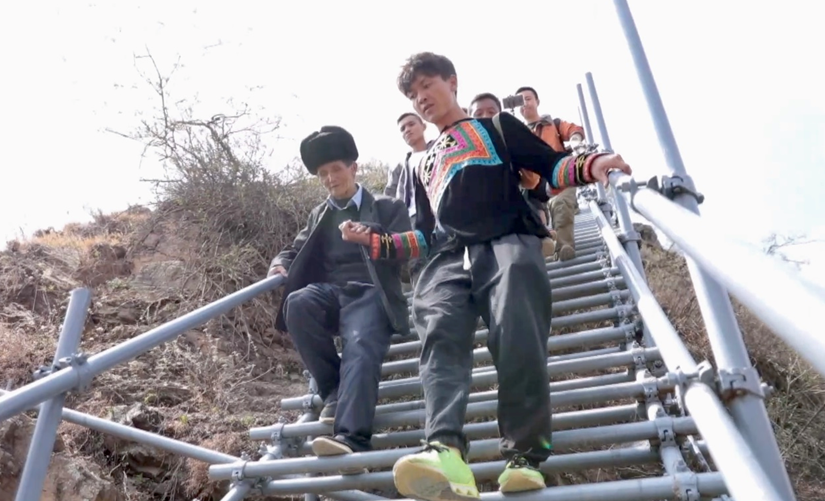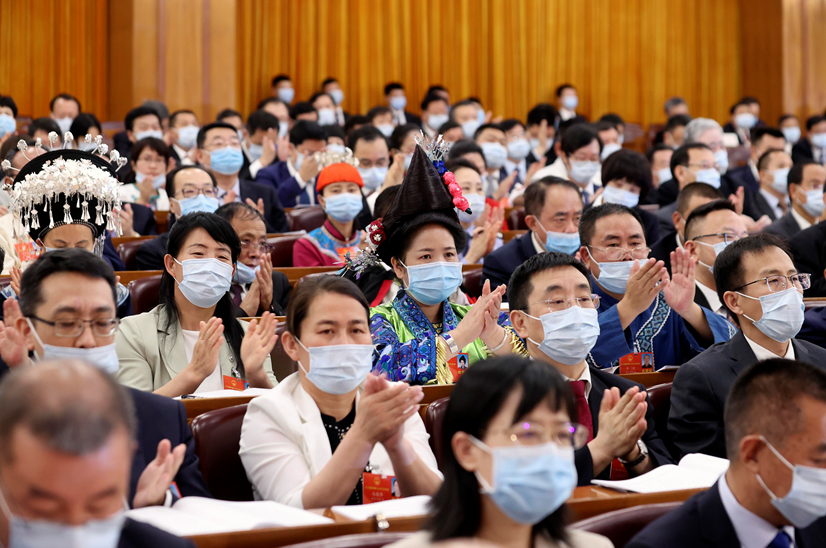02:35

The large annual political gathering in China, known as the Two Sessions, concluded on Thursday afternoon in the capital city of Beijing. Though they came later and did not last as long as in previous years due to the COVID-19 pandemic, the meetings drew wide attention from the public.
Public health, as expected, was an important subject for lawmakers and political advisers. It also set off heated discussions among the public, especially medical workers.
"I am greatly inspired to hear that the central government will attach greater importance to public health undertakings in the future," Huang Xiaobo, director of the intensive care unit at Sichuan Provincial People's Hospital, told CGTN.

Dr. Huang Xiaobo works at a hospital in Wuhan, the epicenter of COVID-19 epidemic in China. /Luo Caiwen, CGTN
Dr. Huang Xiaobo works at a hospital in Wuhan, the epicenter of COVID-19 epidemic in China. /Luo Caiwen, CGTN
Huang had spent several months in Wuhan fighting against the coronavirus. He was impressed by several of the proposals from the NPC deputies, especially those concerning the emergency response mechanism. He also shared a suggestion he came up with based on his experience.
"I think we can integrate wearable devices, interactive communication technology, and artificial intelligence technology into a new system through which we can dynamically monitor people with fever remotely. This will help to save medical resources," Huang said.
The pandemic has struck a great blow to businesses across the country. While delivering the government work report, Premier Li Keqiang said the government would try to help enterprises of different sizes and self-employed individuals pull through and listed some concrete measures.
"I really appreciate the assistance from the government, such as tax reduction and exemption. Next, I hope the financing problem can also be heeded and addressed," said Cheng Hui, president of the Sichuan Lyuyuan Technology Company, which specializes in producing wind power generators.
Cheng said financing has become a major obstacle for further development of enterprises like his.
China is determined to lift poor communities out of absolute poverty this year despite the epidemic.
"Eliminating poverty is an obligatory task we must complete in order to build a moderately prosperous society in all respects," Premier Li said.

Farmers living in a village on a cliff in SW China's Sichuan Province move to government-funded new houses. /CGTN
Farmers living in a village on a cliff in SW China's Sichuan Province move to government-funded new houses. /CGTN
Positive messages from the meetings have given hope to farmers, including those who just moved out of a village on a cliff in southwestern China's Sichuan Province in early May.
"How to continue to assist the farmers
and how to boost rural revitalization… I'm glad that such issues were focused at the meetings," said Pacha Youge, the Party Secretary of the Atulie'er Village in Liangshan Yi Autonomous Prefecture, one of China's poorest regions.
"Next, I hope there will be measures to prevent the farmers from falling back into poverty. Meanwhile, I hope the nation will further help remote areas like our village improve their infrastructure," he added.
Impacted by the COVID-19 pandemic, pressure on employment has risen significantly.
"We will create synergy to stabilize employment through the coordinated use of fiscal, monetary and investment policies. We will strive to keep existing jobs secure, work actively to create new ones, and help unemployed people find work," Premier Li said while giving the government work report.

NPC deputies attend a plenary meeting. /VCG
NPC deputies attend a plenary meeting. /VCG
Yu Dongping, 35, lost his job in Beijing in February. He said positive signs of boosting employment can be gained from the important gathering, but what he really expects are some pragmatic policies and supportive measures like unemployment compensation and social insurance.
"The Two Sessions are an occasion for the lawmakers and advisers to table proposals or approve laws. It still takes some time before related laws or policies can be put into practice," said Yu. "So, we can only wait and see."
The government will also significantly shorten negative list for foreign investment and launch further comprehensive trials on opening up the service sector; this is another message from the Two Sessions, which has also aroused the attention of some foreign investors.
(Cover image: NPC deputies attend the closing ceremony of this year's session. /VCG)